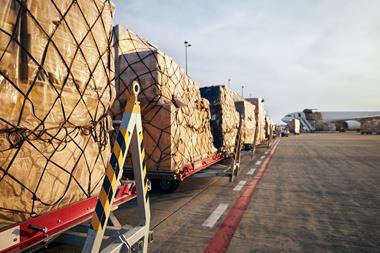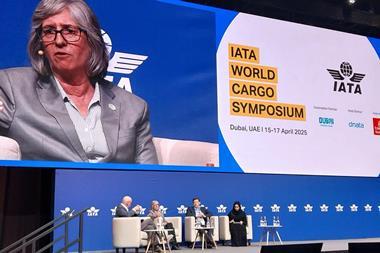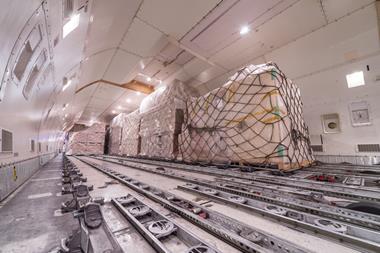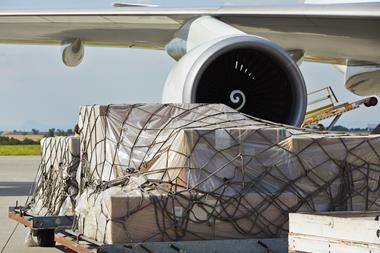
IATA has called for international cooperation when developing future security requirements following the introduction of "disjointed" security measures last year in response to the discovery of two incendiary devices in parcel networks.
Speaking at a media conference, IATA head of global cargo Brendan Sullivan said various countries quickly introduced new security requirements last year after improvised incendiary devices (IIDs) were found in European parcel networks, but there was little coordination between states.
"[The IIDs] are a significant concern for the air cargo industry and the incidents demonstrate the evolving landscape in air cargo and the supply chains and underscore the need for enhanced measures to mitigate any of these emerging risks," he said.
“IATA is committed to ensuring that these emerging threats are appropriately addressed. In response to this several states imposed additional security requirements or recommendations for inbound cargo and mail and some of those additional security measures were not appropriately developed or coordinated at an international level.
“This resulted in a disjointed and not-suitable operating environment where it was different in different parts of the world.”
Sullivan added that in some cases the new security requirements were constrained to particular geographical regions, which ultimately shifted the vulnerabilities to other areas of the world.
"We are focused on a safe and secure supply chain," he added. "At the moment, our priorities are making sure our members are adequately informed to understand the risks that could be posed by these IIDs."
He added that since being introduced, some of the requirements had been rolled back which demonstrated that the air cargo industry had good security and screening programmes in place.
In October, it was revealed that a shipment containing an incendiary device found its way into DHL’s UK parcel network and caught fire in July.
The Guardian and German broadcasters WDR and NDR reported that the device had been transported by aircraft into the UK and later caught fire at a DHL warehouse in Birmingham.
A similar incident also occurred in Germany, with the package igniting in Leipzig.
Following the incidents, stricter security requirements for air cargo were rushed through by the US, Canada and Australia, amongst other countries, that applied to cargo originating in European and CIS countries.
Freight forwarder associations FIATA and the US Airforwarders Association (AfA) also expressed their concern about the rollout of the new requirements.
“Due to the complexity and suddenness of the new requirements, FIATA has received industry feedback voicing concerns on the uneven application of the new measures, as well as the new technical and operational challenges brought by the new data requirements introduced in the US Advance Cargo Air Screening (ACAS) programme,” FIATA said.
The AfA said that obtaining some of the extra information requested by the US had created challenges for forwarders.
"Obtaining and sharing some of this additional information has presented practical challenges," the AfA said.
Meanwhile, airline Korean Air Cargo plaed an embargo on shipments from Europe and CIS countries to the US until November 18.


















